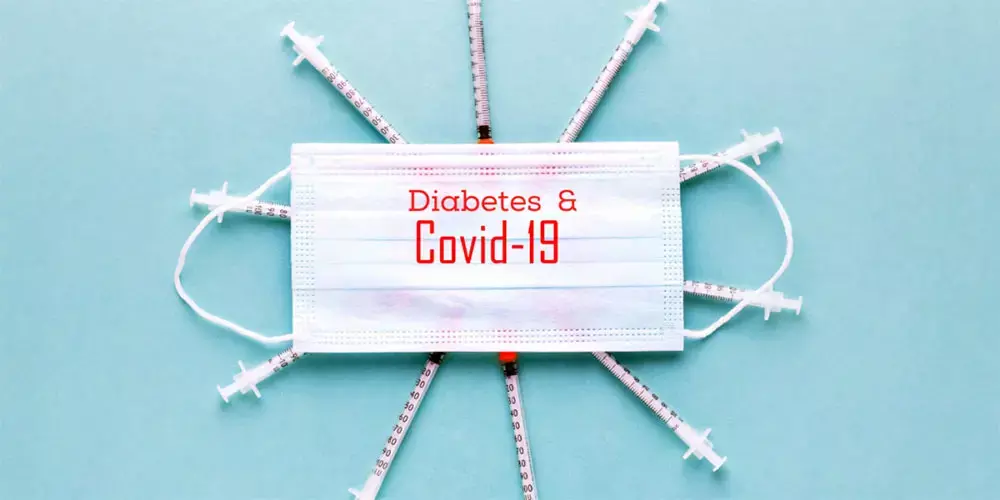- Home
- Medical news & Guidelines
- Anesthesiology
- Cardiology and CTVS
- Critical Care
- Dentistry
- Dermatology
- Diabetes and Endocrinology
- ENT
- Gastroenterology
- Medicine
- Nephrology
- Neurology
- Obstretics-Gynaecology
- Oncology
- Ophthalmology
- Orthopaedics
- Pediatrics-Neonatology
- Psychiatry
- Pulmonology
- Radiology
- Surgery
- Urology
- Laboratory Medicine
- Diet
- Nursing
- Paramedical
- Physiotherapy
- Health news
- Fact Check
- Bone Health Fact Check
- Brain Health Fact Check
- Cancer Related Fact Check
- Child Care Fact Check
- Dental and oral health fact check
- Diabetes and metabolic health fact check
- Diet and Nutrition Fact Check
- Eye and ENT Care Fact Check
- Fitness fact check
- Gut health fact check
- Heart health fact check
- Kidney health fact check
- Medical education fact check
- Men's health fact check
- Respiratory fact check
- Skin and hair care fact check
- Vaccine and Immunization fact check
- Women's health fact check
- AYUSH
- State News
- Andaman and Nicobar Islands
- Andhra Pradesh
- Arunachal Pradesh
- Assam
- Bihar
- Chandigarh
- Chattisgarh
- Dadra and Nagar Haveli
- Daman and Diu
- Delhi
- Goa
- Gujarat
- Haryana
- Himachal Pradesh
- Jammu & Kashmir
- Jharkhand
- Karnataka
- Kerala
- Ladakh
- Lakshadweep
- Madhya Pradesh
- Maharashtra
- Manipur
- Meghalaya
- Mizoram
- Nagaland
- Odisha
- Puducherry
- Punjab
- Rajasthan
- Sikkim
- Tamil Nadu
- Telangana
- Tripura
- Uttar Pradesh
- Uttrakhand
- West Bengal
- Medical Education
- Industry
Even mild COVID-19 infection raises blood sugar and risk of incident diabetes

The human pancreas is a target of severe acute respiratory syndrome coronavirus 2 (SARS-CoV-2). Following SARS-CoV-2 infections, reduced numbers of insulin secretory granules in beta cells and impaired glucose-stimulated insulin secretion have been observed.
To add further value, a recent study suggests that individuals with COVID 19 had increased type 2 diabetes incidence than patients with acute upper respiratory tract infections (AURI). The study findings were published in the journal Diabetologia on March 16, 2022.
New-onset hyperglycaemia or high blood sugar and insulin resistance have been reported in patients with coronavirus disease-2019 (Covid-19) without a history of diabetes. However, it is unclear whether such metabolic alterations are transient or whether individuals with Covid-19 have an increased future risk of persisting diabetes. Therefore, Dr Wolfgang Rathmann and his team conducted a study to investigate diabetes incidence after infection with Covid-19. Individuals with AURI, which are frequently caused by viruses, were selected as a non-exposed control group.
In a retrospective cohort analysis of the Disease Analyzer, the researchers assessed a representative panel of 1171 primary care physicians' practices throughout Germany between March 2020 and January 2021, with follow-up through July 2021. They evaluated health records of 35,865 adults with COVID-19 without baseline diabetes, propensity score-matched (1:1) by demographic and clinical characteristics with individuals who had AURI. They determined newly diagnosed diabetes based on ICD-10 codes (type 2 diabetes: E11; other forms of diabetes: E12–E14) during follow-up until July 2021 (median for Covid-19, 119 days; median for AURI 161 days). They used regression models to calculate incidence rate ratios (IRRs) for type 2 diabetes and other forms of diabetes.
Key findings of the study:
- During an average follow-up of 119 days for COVID-19 and 161 days for AURI, the researchers observed that the numbers of hospitalisations were similar in both groups.
- They noted that after propensity score matching, demographic and clinical characteristics were similar in 35,865 AURI controls.
- They found that individuals with Covid-19 had an increased type 2 diabetes incidence compared with AURI (15.8 vs 12.3 per 1000 person-years) with an incidence rate ratio (IRR) of 1.28.
- This shows that the relative risk of developing type 2 diabetes in the COVID group was 28% higher than in the AURI group.
- They noted that the IRR was not increased for other forms of diabetes.
The authors concluded, "The present primary care study indicates a temporal relationship between mostly mild Covid-19 and newly diagnosed type 2 diabetes. If confirmed, this study supports the potential relevance of active monitoring of glucose dysregulation after recovery from mild forms of SARS-CoV-2 infection."
Medical Dialogues Bureau consists of a team of passionate medical/scientific writers, led by doctors and healthcare researchers. Our team efforts to bring you updated and timely news about the important happenings of the medical and healthcare sector. Our editorial team can be reached at editorial@medicaldialogues.in.
Dr Kamal Kant Kohli-MBBS, DTCD- a chest specialist with more than 30 years of practice and a flair for writing clinical articles, Dr Kamal Kant Kohli joined Medical Dialogues as a Chief Editor of Medical News. Besides writing articles, as an editor, he proofreads and verifies all the medical content published on Medical Dialogues including those coming from journals, studies,medical conferences,guidelines etc. Email: drkohli@medicaldialogues.in. Contact no. 011-43720751


